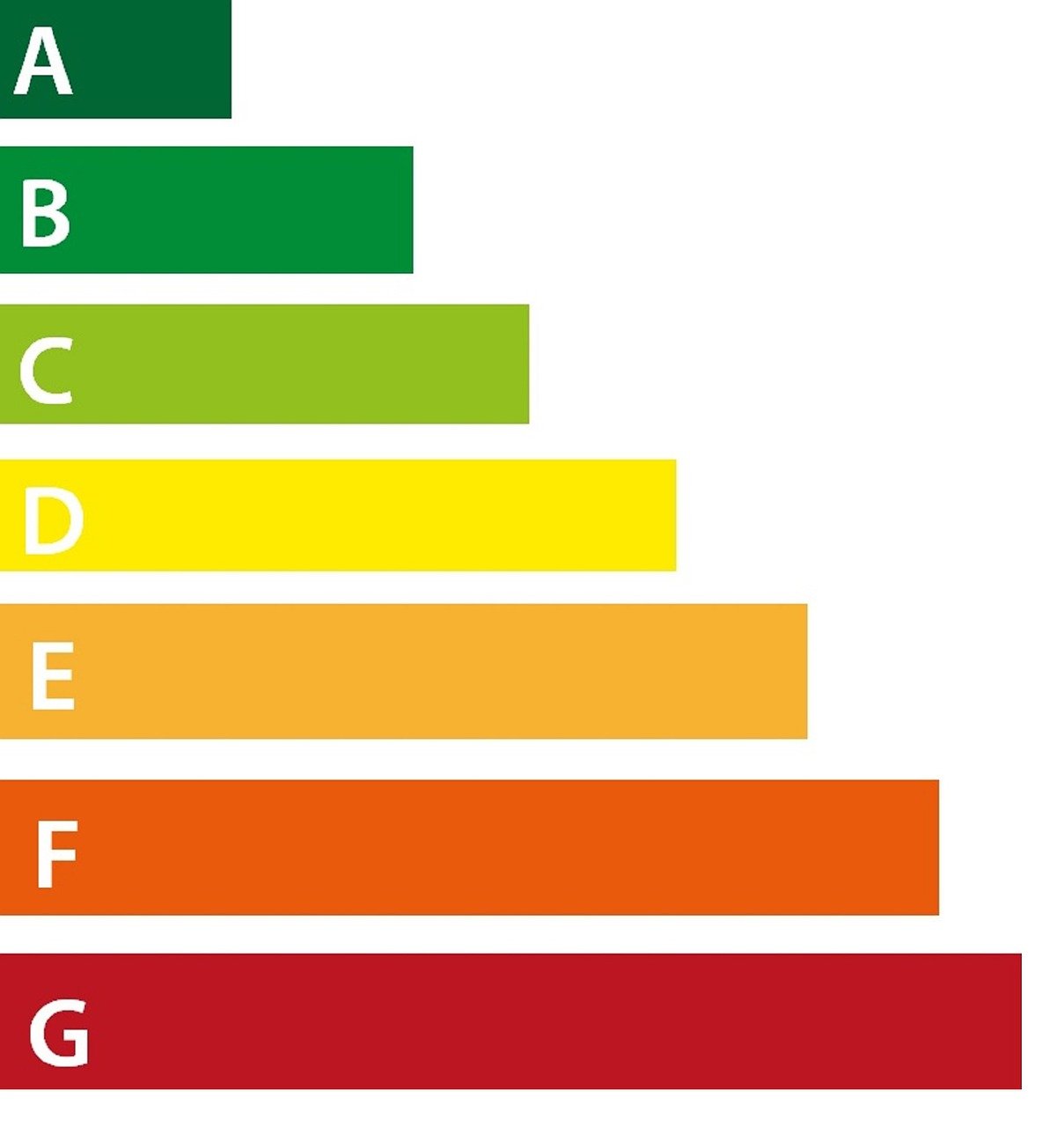Decarbonisation And Energy Efficiency
What is the difference between Decarbonisation and Energy Efficiency?

Decarbonisation
Decarbonisation refers to the process of reducing or eliminating carbon dioxide (CO₂) and other greenhouse gas emissions from processes, buildings, and industries. The ultimate goal of decarbonisation is to transition to a low-carbon or carbon-neutral economy, typically by using clean energy sources like wind, solar, Air/ground source and geothermal, as well as electrifying systems that currently rely on fossil fuels.
Focus: It primarily addresses reducing the carbon intensity of energy production and consumption. This often involves switching to renewable energy, electrifying heating systems, and retrofitting buildings to eliminate fossil fuel use for heating or cooling.
Energy Efficiency
Energy efficiency refers to the practice of using less energy to perform the same function or achieve the same outcome. This can involve upgrading equipment, optimizing processes, and designing systems that require less energy input to provide the same level of service or
output.
Focus: The goal is to reduce energy consumption without necessarily focusing on the source of that energy. For example, upgrading to LED lighting, and installing more efficient HVAC systems are all energy efficiency measures.


Key Differences
Scope: Decarbonisation focuses on reducing carbon emissions by changing energy sources or processes (e.g., shifting to renewable energy or electrifying systems), while energy efficiency is more about reducing the amount of energy used, regardless of the energy
source.
Approach: Decarbonisation may involve changes that switch energy sources to reduce emissions (like replacing a gas furnace with a heat pump), while energy efficiency focuses on reducing waste (like installing more efficient HVAC systems).
F.A.Q.
Can’t find your question? You can contact us
Energy efficiency is often a key part of a decarbonisation strategies, since reducing energy use can directly contribute to lowering overall emissions. For example, making a building more energy-efficient means that it will use less energy from any source, including renewable energy, which reduces the carbon footprint overall.
For many companies and governments aiming to hit net-zero targets, both decarbonisation and energy efficiency are used together to achieve reductions in emissions.
Both are critical to achieving sustainability goals
The Result: Long-Term Savings and Sustainability

Unit 8a, Eastpark Trading Estate, Whitehall, Bristol BS5 7DR
0117 961 6116 | information@greymanengineering.co.uk
© Grey Man Engineering - 2025 - All Rights Reserved

